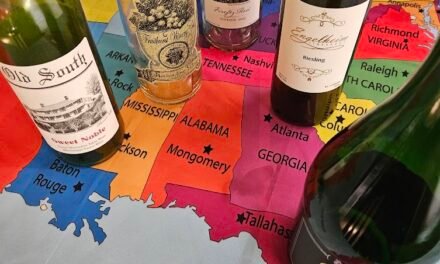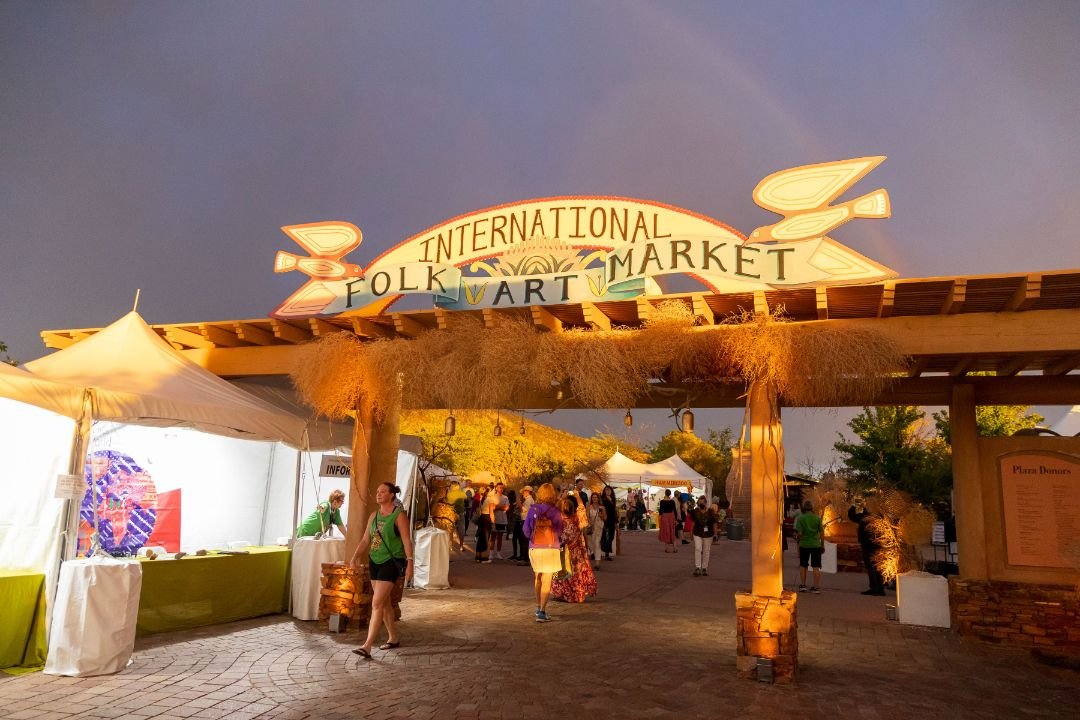
Wines from Moravia and Bohemia

No Longer the Czech Republic’s Secret
by Maralyn D. Hill and Norman E. Hill
These are wines that will be soaring to the top for those who want some of the best.
When we visited the Czech Republic in 1999, we really didn’t know about its illustrious history of winemaking. In 2012, when Maralyn returned on her own, she started to realize some of the wine-related history. In the fall of 2013, we were invited to a preview at the Arizona Culinary Institute in Scottsdale for the Vino z Czech, to sample a selection of wines from South Moravia, the main wine-growing region of the Republic. Renowned Czech chef, Jakub Cerny worked with students on dishes and we experienced Czech wines currently available in the U.S. After further study on our own and conversations with Radim Petratur, of Klub Sommelieru, we have a much deeper appreciation of what has transpired over centuries, and, even more significantly, the county’s current aggressive wine promotion program.
History
Wine cultivation in both Bohemia and Moravia has been going on for almost two thousand years, the entire A.D. time frame. In the two hundred years between 1,300 and 1,500, Moravian winemaking reached a new peak in what has been called its golden age. Wealthy townspeople frequently invested in vineyards, but monks in monasteries usually tended to them. However it was also a cottage industry where most families had winemakers.
Moravian wines were enjoyed by European royalty. Both the Hapsburgs, who long ruled Austria and the current Czech Republic, and even Napoleon Bonaparte, served wines from Moravian wine areas.
At an intervening point, tragedy struck to curtail production. The Thirty Years War, ostensibly between Protestants and Catholics, included dynastic and other conflicts. But Europe’s entire population was swept up in the bloody conflict, which included destruction of almost half of Moravia’s flourishing vineyards. After 1650, some vineyards were restored, although not to the original magnitude.
Further destruction came from nature in the late 1800s. First, severe frosts and fungal diseases destroyed many vineyards. Then, in 1890, a malignant root-destroying beetle came on the scene. This pest, known as phylloxera, first seemed immune to control. Then, by grafting vines onto American types of rootstock, vineyard sizes returned to those of the early 1800s.
Surviving the Nazi terror and Soviet occupation caused setbacks, but not ones too great from which to bounce back, as winemaking in the Czech Republic was a family affair.
With continued use of technology, production of quality Moravian wines has grown and become ready for international competition.
Production and Geography
The Czech Republic contains two wine regions, 96% of which is in the southeast corner of Moravia. Bordering Austria, this area is about the size of the Alsace province in France. Wine region temperatures average around 49 degrees Fahrenheit, with average annual rainfall of 510 meters. Four sub-regions make up this total, Znojmo, Mikulov, Velké Pavlovice and Slovácko. Each has its own soil characteristics, which affects types of wines grown. The most popular white varieties are Gruner and Weischriesling, while the most prominent reds are Lamberger and Pinot Noir.
About 18,000 winemakers make their living in the Czech Republic. Very surprising to us, these areas only produce about 65% of total wine consumption in the Republic. The balance is made up of cheaper wines, imported from abroad.
The Czech Republic decided to pursue a path rejected by Switzerland. The latter country consumes all wines it produces, since it concluded that exporting activities, licensing, shipping and the like, were too expensive. But the Czechs decided that their quality wines could be exported. Through marketing and favorable results in international competitions, they could compete very well with other countries and provide saleable products. They wanted and strived for international recognition for their wine expertise.
Awards

Pálava varietal from Sonberk Winery awarded Gold Medal at Finger Lakes International Wine Competition Courtesy of vinozczech.com
In recent years, Moravian winemakers have collected numerous medals in such international competitions. Results include:
US and Canada
Finger Lakes International Wine Competition-In 2013, best Ice Wine and an additional 38 medals, including 1 double gold, 2 gold, 13 silver and 22 bronze. The Czech Republic had the distinction of being the only country honored with a standing ovation during the show.
San Francisco International Wine Competition-In 2013, 29 gold and silver out of 76 awards.
Sélecions Mondiales des Vins-17 gold and silver medals.
Europe, including France, Slovakia, Austria, London and Germany-A similar string of successes.
Overall, Moravian winemakers were honored with 172 gold medals, 435 silver medals and 111 bronze medals in competition abroad. That is quite outstanding for a country new to competing on this level.
Moravian wines have demonstrated their competitive quality with these international awards. In the US, they are currently available in 4 states, New York, New Jersey, Illinois and Rhode Island, and are available for shipping for most of the country. You can discover more on http://vinozczech.com .
All wines are available on www.getwineonline.com/vzc with free shipping for most of the U.S.
The sommelier we met and had the opportunity to talk with was Radim Petratur. His company is the exclusive exporter from the Czech Republic: Klub Sommelieru, info@klubsommelieru.cz +420 (724)557-216, Prague, Czech Republic. Radim picked the best of various price points across the range of estates which included Vinselekt Michlovský, Vinné sklepy Valtice, Vinařstvi Galant, Vinařstvi Vyskočil, Vinařstvi Spielberg and Vinařstvi Stapleton-Springer.
These were accompanied by Michelin star rated cuisine.
Summary
The marketing strategy of Moravian wines from the Czech Republic seems to be paying off. Their quality is no longer a secret of Central Europe. Why Czech wines? For us, they have developed and honed the skill over centuries. The quality of the product deserves attention for those with discriminating tastes.
On our past trips to the Czech Republic, our focus was more on the beauty of Prague, its food, and the people. Besides this amazing city, we had also ventured out to southern Bohemia. Truly, we were surprised to find we still needed to experience the Czech Republic’s wine country and its undeniable historical prowess. For our next visit, we would like to follow a wine trail to learn more about the passion that has carried this culture through centuries. Of course, enjoying wine along the way will be our reward. We would like to learn more about popular Moravian wines, as well as those from Bohemia.
We would like to thank Czech Tourism for inviting us to this event that provided additional insight to our thirst for wine knowledge.




































The CzechTourism Culinary Roadshow “Taste the Czech” continued to Salt Lake City, Seattle, POrtland, Palo Alto and Los Angeles with great success.
Hello Vojtech,
I heard great feedback from those who attended the rest of the roadshows. I am certainly happy Phoenix was part of the lineup.
Thank you for your comment, Maralyn. It was quite pleasant as well as our Press Trip to Czech Republic that followed. Too bad you could not come this time.
Norm and I have heard wonderful things about the trip and look forward to visiting the Czech Republic in 2014.
Where can I buy these wines?
You can purchase these wines from http://www.getwineonline.com/main.asp?request=REGIONPAGE&country=Czech%20Republic&type=W as shown in the article. They do not charge for shipping and at this point, is the easiest. They are available in a few states, but it is easier to find them through the distributor online. Thank you for taking the time to comment. After you try the wines, I’d enjoy hearing your comments.
We really enjoyed the Moravian wines,and look forward to another visit to the Czech Republic.